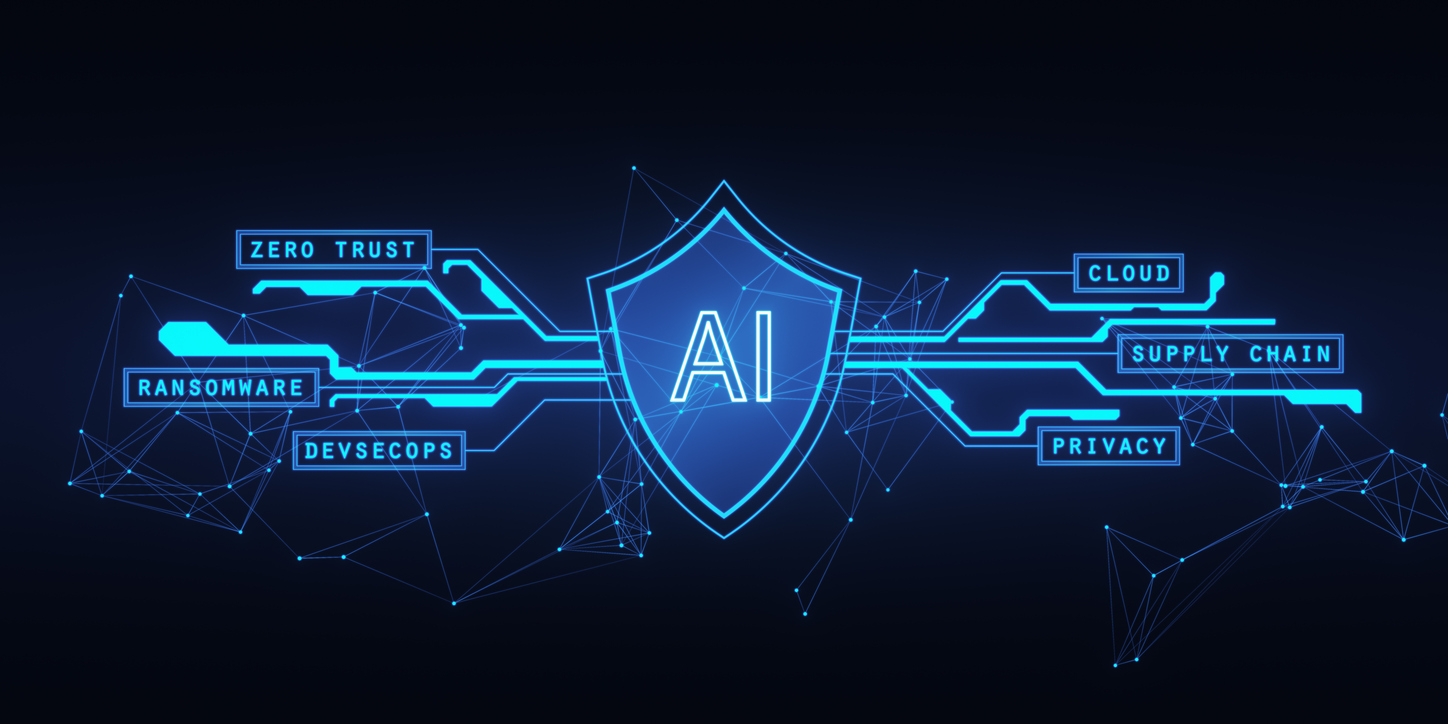Learning AI Agents: The Adaptive Advantage Small Businesses Can’t Ignore
Small businesses are facing an unprecedented challenge in 2025 — markets are shifting faster than ever, customer expectations are higher, and automation is no longer optional. AI is no longer just a “nice to have” tool for tech giants; it’s the lifeline that allows smaller companies to compete head-to-head.
Within the Big 5 AI agents — Simple Reflex Agents, Model-Based Reflex Agents, Goal-Based Agents, Utility-Based Agents, and Learning Agents — it’s the Learning Agent that stands out as the game changer. While other agents follow fixed rules or pre-programmed logic, Learning Agents adapt. They get smarter the more you use them, making them perfect for small businesses that need flexibility, speed, and results without endless reprogramming.
What Are Learning Agents in AI?
A Learning Agent is an AI system capable of improving its performance over time through experience. Instead of relying solely on pre-set rules, it observes its environment, analyses feedback, and modifies its actions accordingly.
Think of it as hiring a new employee who not only learns the ropes quickly but continues refining their skills based on every customer interaction, every sales result, and every new market shift. Over time, these agents become more accurate, efficient, and able to handle complex scenarios independently.
For example, a customer support chatbot might start by handling basic queries but, after weeks of interaction, learns to respond to more nuanced questions and offer proactive solutions — all without needing a developer to rewrite its code.
Why Learning Agents Matter for Small Businesses
For a small business, the ability to improve performance without constant reprogramming can be transformative. Learning Agents:
-
Adapt to changing customer behaviour and market conditions.
-
Analyse patterns in sales, marketing, and operations to make better decisions.
-
Personalise customer interactions at scale without increasing staff.
-
Reduce costs over time by minimising the need for manual oversight.
Unlike a Simple Reflex Agent, which will always respond in the same way to the same input, a Learning Agent evolves alongside your business — keeping you competitive even as your customer base, industry, and challenges change.
Related: What Are the Top 5 Uses of AI in 2025—and Their Risks?
How to Implement Learning Agents in a Small Business
While the technology sounds advanced, implementation has become more accessible than ever. Cloud-based platforms and CRM tools now offer built-in learning capabilities that integrate directly with your existing systems.
Here’s a practical approach to getting started:
-
Select the right platform — Services like Google Cloud AI, Microsoft Azure AI, and Amazon SageMaker are popular for their scalability. Many CRMs, such as HubSpot and Zoho CRM, now include learning-driven automation.
-
Set clear objectives — Decide exactly what you want the AI to improve, whether it’s lead conversion, customer service quality, or inventory optimisation.
-
Feed it quality data — AI learns best when the input data is accurate, relevant, and consistent.
-
Monitor results and refine — Check performance metrics regularly to make sure the improvements align with business goals.
Effectiveness and ROI
The greatest strength of a Learning Agent is compounding efficiency. The more it operates, the more valuable it becomes. Studies have shown that businesses using self-learning AI see operational efficiency gains of up to 20% in the first year alone — and those gains grow year after year.
For small businesses, this means delivering faster service, offering more competitive pricing, improving customer retention, and scaling without adding more staff.
Conclusion
Learning Agents aren’t just another AI buzzword — they’re the most adaptable tool in the Big 5 AI agent family. For small businesses, adaptability isn’t a luxury, it’s survival.
Starting small — with a learning-powered chatbot, sales assistant, or marketing automation tool — can give you an AI that grows with your business, sharpens its decision-making, and delivers better results the longer it’s in use.
Related: Can Utility-Based AI Boost Your Business Profits?
Related: Simple Reflex Agents: Your First Step to AI Automation














